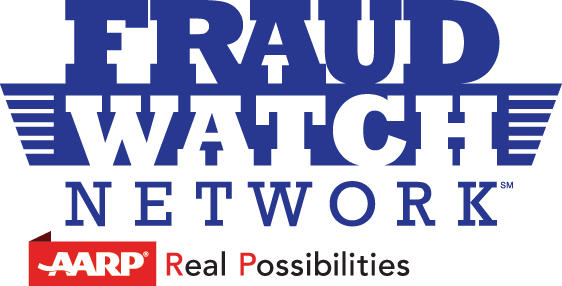AARP Hearing Center
As the nation becomes increasingly concerned about the Ebola virus, experts report more incidents of online scams preying on people’s fear and a desire to help. AARP Pennsylvania is taking the lead in alerting citizens to these scams and providing information to prevent consumer fraud, crimes that affected over fifty thousand Pennsylvanians in 2013.
The U.S. Food and Drug Administration has seen and received consumer complaints about a variety of products claiming to either prevent the Ebola virus or treat the infection. The organization maintains that despite these claims, there are no approved vaccines, drugs, or investigational products specifically for purchase on the Internet. Further, the Council for Responsible Nutrition, a trade association for the dietary supplement industry, warns consumers that there are currently no supplements that can prevent or cure Ebola.
AARP Pennsylvania encourages citizens to be aware of:

• Online offers for an Ebola cure or special “natural” or “dietary” methods to alleviate or prevent symptoms;
• Email scams with alarming messages like "Ebola update" or “Ebola Pandemic” which may include links that release computer viruses;
• Sales of "personal protection kits" at low prices to provide supposed “infection defense”;
• Charity scams claiming to help victims or fight the disease; and
• Potential stock investment frauds involving companies that say they are involved in the development of products that will prevent the spread of viral diseases like Ebola.
The AARP Pennsylvania Consumer Issues Task Force promotes financial security and consumer protection for all Pennsylvanians, educating members and the public about fraudulent, misleading, unfair, and/or abusive marketplace practices. The task force offers workshops and resources for citizens interested in protection from identity theft, investment fraud, and Medicare scams, or who simply want to learn better consumer practices. Consumer advocate, Mary Bach, chairs the AARP Pennsylvania Consumer Issues Task Force.
“It’s unfortunate that when crisis like Ebola strike, scammers and fraudsters resort to sleazy tactics to make a buck,” says Bach. “The good news is that AARP-PA has tools and tips that are available for everyone to protect them and their families.”
AARP Pennsylvania wants consumers to remember the following tips to protect themselves from scams:
• Delete any suspicious emails without opening or clicking on any links,
• Ask how donations will be spent and check a charity’s registration before providing any money, and
• Never provide personal or financial information to companies you don’t know.
The Consumer Issues Task Force leads the way for the launch of the national AARP Fraud Watch Network, coming early 2015. The AARP Fraud Watch Network is designed to give Pennsylvanians access to information to help protect them and their families from theft and fraud. It’s free and open to everyone – members, non-members and people of all ages – and it allows people who sign up access to watchdog alerts about active scams in their area, resources to help them spot and avoid con artists latest tricks, and local events in your area to help protect you and your family. More information is available at www.aarp.org/fraudwatchnetwork































































